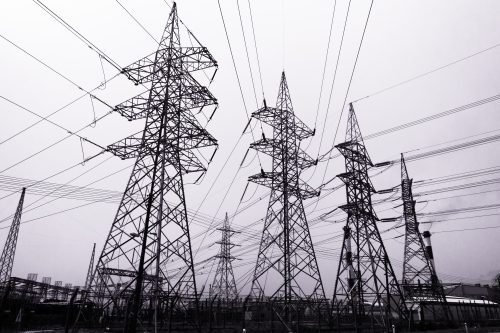
New PG&E policy will significantly reduce interconnection costs
The Clean Coalition was a key driver in this policy innovation and will press PG&E to document its improvements.
After continued urging by the Clean Coalition, Pacific Gas & Electric (PG&E) recently proposed new standards, which will halve the number of Direct Transfer Trips (DTTs) required for interconnecting WDG projects to the grid.
DDTs are expensive safety devices with costly communication requirements that ensure power is not sent back onto the grid by WDG projects when the grid is down. While PG&E has historically required DDTs for many WDG projects, Southern California Edison and San Diego Gas & Electric have not required DTTs in most cases.
PG&E’s stricter requirements constituted a major hurdle for WDG because DDT installation costs often surpass $600,000 per project. PG&E’s latest technical bulletin outlines clear criteria in which DDTs will be required, and in addition to the increased transparency, a reduction in the need for DDTs is expected. Furthermore, reductions in interconnection costs benefit ratepayers through lower energy costs, and the new DDT requirements will save ratepayers money.
The Clean Coalition was a key driver in this policy innovation and will press PG&E to document its improvements, so stakeholders and regulatory agencies can verify that the new criteria significantly reduce the number of DTTs required.

